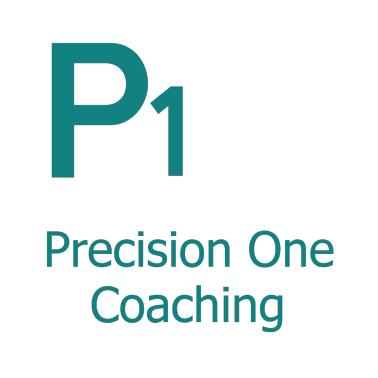Calories In vs. Calories Out—But Don’t Overthink It!
I don’t want to oversimplify fat loss or muscle gain to just Calories In vs. Calories Out, because the physiological, psychological, and emotional process extends far beyond this. However, I also don’t think you should overcomplicate it!
Too many people believe that certain foods have magical fat loss or muscle-building properties—they don’t! Ultimately, your ability to establish a calorie deficit or a calorie surplus will be the biggest factor in determining your results.
That being said, let’s avoid this oversimplification by recognizing that food quality matters, not just quantity. But before diving into that, let’s establish how much you likely need to eat to achieve your goal.
How Many Calories Do You Need?
If you search online, you’ll find countless calorie calculators and methods, often conflicting with one another. Instead, let’s keep it simple. The following equations can provide a rough estimate of your caloric needs:
- Fat Loss → Bodyweight (lbs) × 10-12
- Weight Maintenance → Bodyweight (lbs) × 12-14
- Weight Gain → Bodyweight (lbs) × 14-16
Now that you have an estimated daily calorie intake, let’s move on to food quality. While we don’t want to overthink this, we also can’t ignore it.
Understanding Macronutrients
You may have heard of macronutrients—the essential elements our bodies need for energy. These include:
- Protein
- Carbohydrates
- Fats
It’s important to note that no single macronutrient causes fat gain. Fat gain occurs due to an overconsumption of calories over time. Unfortunately, certain macronutrients are often wrongly labeled as “bad,” leading to poor food relationships and unnecessary restriction.
Each macronutrient plays a unique role in the body, and how much you need will depend on your personal preferences and goals. However, there is no single “perfect” macro split for losing fat or building muscle—it’s about finding a balance that works for YOU.
That being said, ensuring an adequate intake of all macronutrients, especially protein, is important. However, this topic deserves its own discussion, which will be covered in future articles at harryjonescoaching.co.uk.
Conclusion
Once you establish your calorie goal, you have a clear starting point for your nutrition. From there, focus on the foods you choose to make up your calorie “budget.”
It’s important to prioritize nutrient-dense, non-processed foods while still allowing yourself to enjoy the foods you love in moderation. The key is balance—your food choices should align with both your goals and the person you are striving to become.



